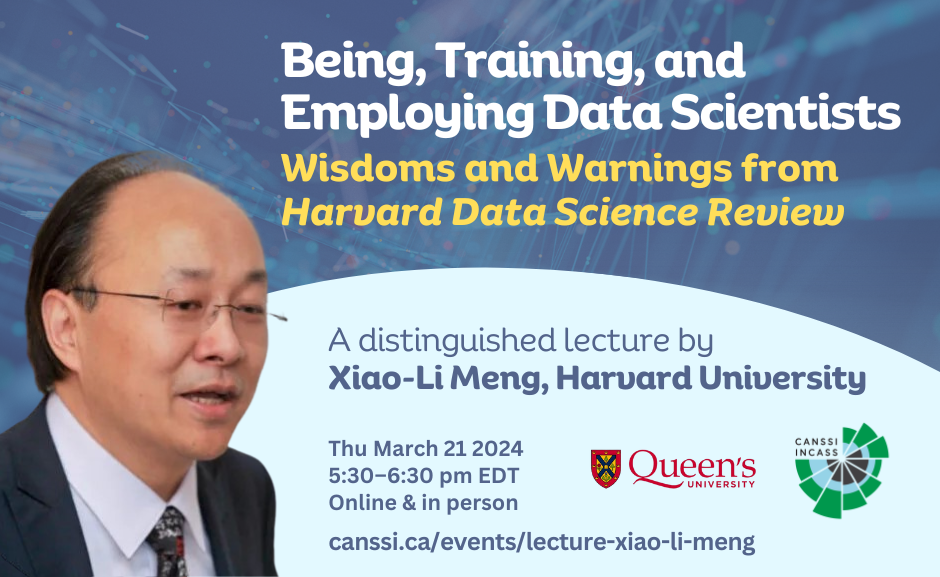Mark Veraar (Delft University of Technology)
Date
Tuesday January 30, 20249:30 am - 10:30 am
Location
Jeffery Hall, Room 319 (Via Zoom)PDEs & Applications Seminar
Tuesday, January 30th, 2024
Time: 9:30 a.m. Place: Jeffery Hall, Room 319 (Via Zoom)
Speaker: Mark Veraar (Delft University of Technology)
Title: Stochastic partial differential equations in critical spaces
Abstract: In this talk I will give an overview of several recent developments on quasi- and semi-linear stochastic PDEs in critical spaces. I will present a new method to prove local and global well-posedness results, and new bootstrap method to show higher order regularity of the solution. In the talk several applications to reaction diffusion equations will be discussed in details. In particular, the new setting allows to prove global well-posedness for several systems which do not satisfy classical coercivity estimates. The talk is based on joint work with Antonio Agresti.

